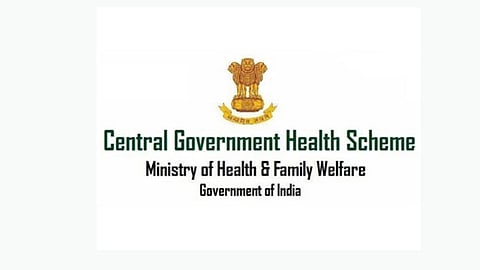

The healthcare sector has welcomed the government’s decision to revise the rates for nearly 2,000 medical procedures under the Central Government Health Scheme (CGHS), a move that addresses a long-standing demand and provides relief to both hospitals and beneficiaries. The updated rates, effective October 13, will apply to all CGHS-empanelled healthcare organisations and to medical reimbursement claims for serving employees, pensioners, and other beneficiaries.
Under the new structure, CGHS rates will vary based on the hospital’s quality, location, and type. Hospitals accredited by NABH or NABL will receive full rates, while non-accredited hospitals will receive 15% less. Super-speciality hospitals will be reimbursed 15% more to account for higher treatment costs. Hospitals in smaller cities will get slightly lower rates — 10% less in Tier-II cities and 20% less in Tier-III cities compared to major metropolitan areas — ensuring reimbursements align with local cost structures and hospital standards.
Also Read
The revision also requires hospitals to sign new memoranda of agreement with the CGHS directorate within 90 days, as existing MoAs will expire on October 13.
The updated rates follow repeated calls from the healthcare industry, which argued that outdated reimbursements made it challenging for private hospitals to continue their CGHS empanelment. The revision is expected to benefit private hospitals by increasing treatment costs for CGHS patients. Healthcare stocks such as Apollo Hospitals Ltd, Max Healthcare Ltd, Global Health Ltd, Narayana Health, Fortis Healthcare, and Yatharth Hospitals saw gains of up to 6% on October 6.
The new framework aims to boost participation and improve access for millions of beneficiaries, including central government employees and pensioners. Benchmarking CGHS and other government-sponsored schemes to the Consumer Price Index (CPI) could ensure predictability and sustainability for patients, providers, and policymakers alike.
The last update to private hospital rates was in 2023, when OPD consultation fees were increased from Rs 150 to Rs 350 and in-patient consultation fees from Rs 300 to Rs 350. ICU charges, set at Rs 5,400 inclusive of accommodation across all ward categories, remain unchanged after the latest revision.